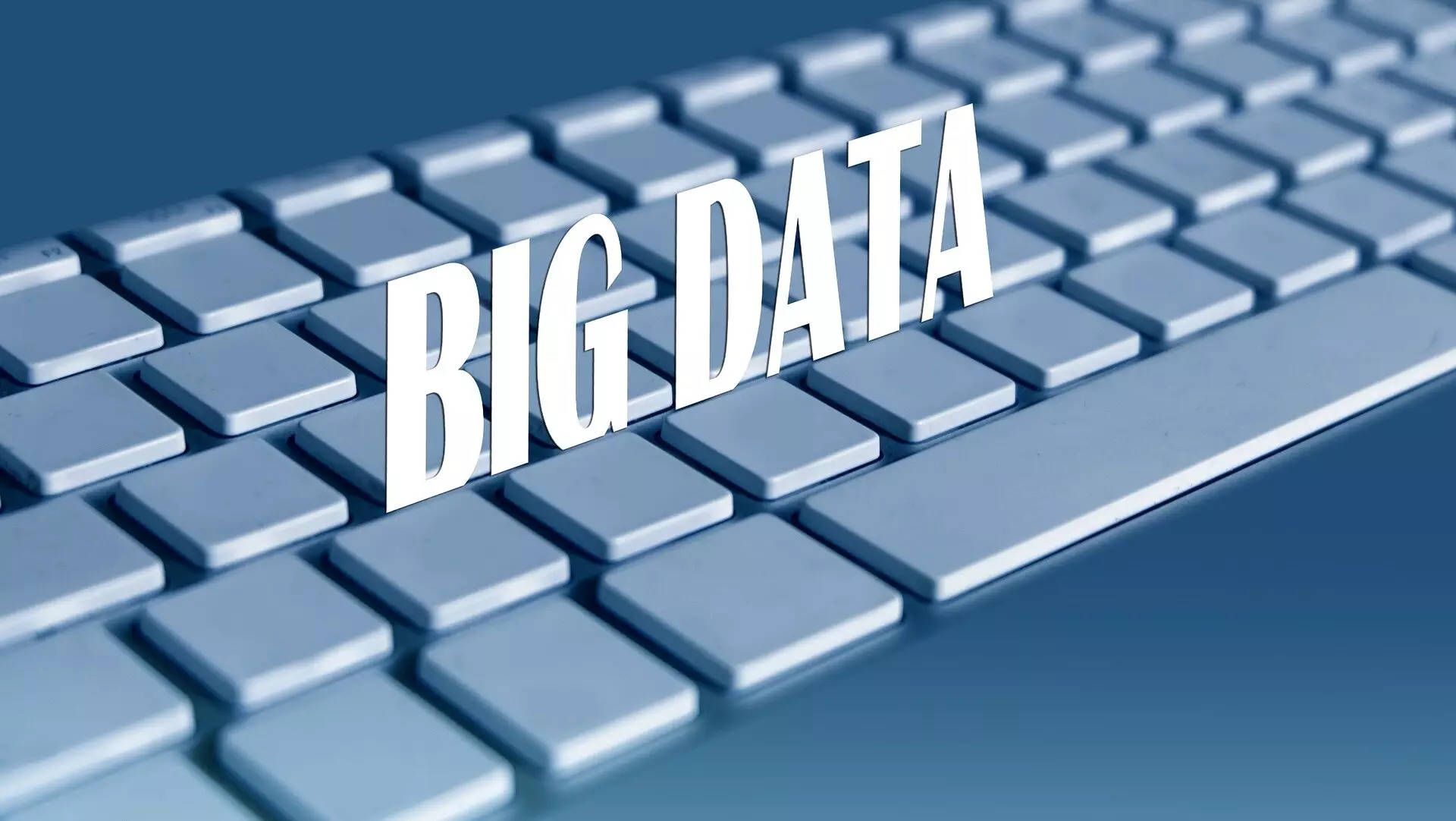In a new study published in the journal Big Data and Society, Professor Ana Beduschi from the University of Exeter highlights the growing importance of establishing clear guidelines for the generation and processing of synthetic data. Synthetic data, which is created using machine learning algorithms from original real-world data, is becoming increasingly popular as a privacy-preserving alternative to traditional data sources.
The study points out that existing data protection laws, such as the GDPR, are not well-equipped to regulate the processing of synthetic data. While the GDPR applies to the processing of personal data, not all synthetic datasets are fully artificial and may contain personal information or pose a risk of re-identification. This creates legal uncertainty and practical difficulties for the processing of such datasets.
Professor Beduschi emphasizes the importance of establishing clear procedures for holding those responsible for the generation and processing of synthetic data accountable. It is essential to ensure that synthetic data is not used in ways that could have adverse effects on individuals and society, such as perpetuating existing biases or creating new ones.
The study argues that guidelines for synthetic data processing should prioritize transparency, accountability, and fairness. With the rise of generative AI and advanced language models, such as DALL-E 3 and GPT-4, there is a growing concern about the dissemination of misleading information and its potential detrimental effects on society. Adhering to these principles could help mitigate harm and promote responsible innovation in the field of synthetic data processing.
The study underscores the importance of establishing clear guidelines for the generation and processing of synthetic data. To ensure transparency, accountability, and fairness in synthetic data processing, it is crucial to address the limitations of existing data protection laws and prioritize the responsible use of synthetic data. By adhering to these principles, we can harness the potential benefits of synthetic data while minimizing potential risks to individuals and society.


Leave a Reply